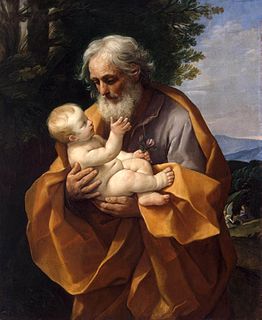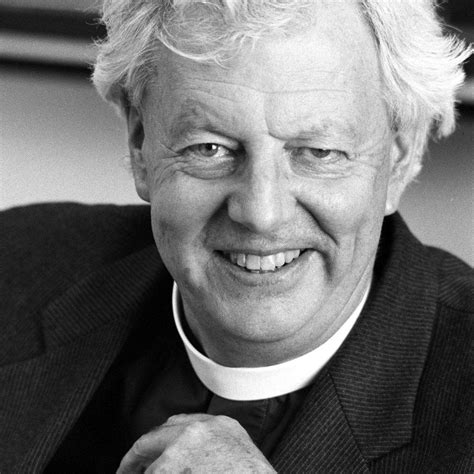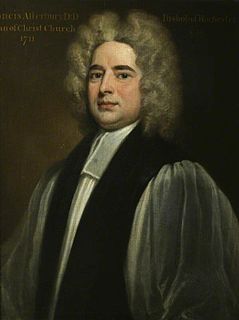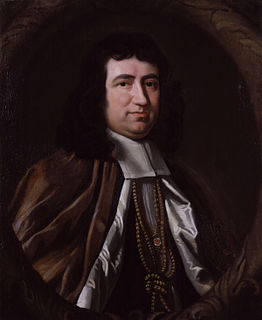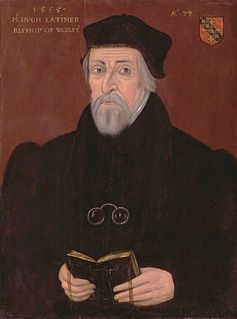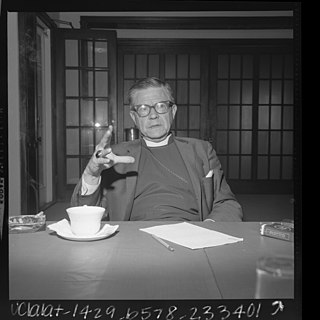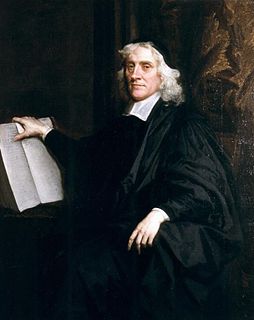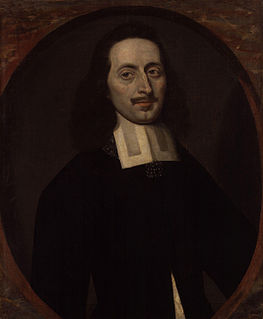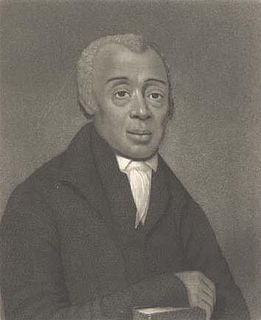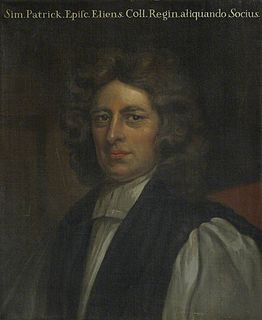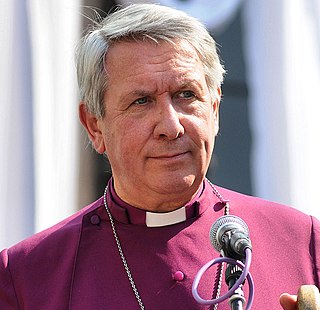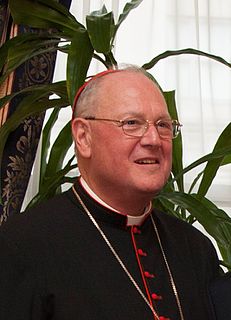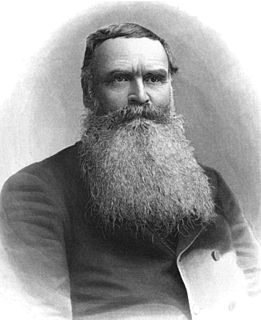A Quote by Pope Dionysius
...God does not possess a private knowledge of Himself and a separate knowledge of all the creatures in common. The universal Cause, by knowing Itself, can hardly be ignorant of the things which proceed from It and of which It is the source. This, then, is how God knows all things, not by understanding things, but by understanding Himself.
Related Quotes
Men live in a community in virtue of the things which they have in common; and communication is the way in which they come to possess things in common. What they must have in common in order to form a community or society are aims, beliefs, aspirations, knowledge - a common understanding - likemindedness as the sociologists say.
If one does not make human knowledge wholly dependent upon the original self-knowledge and consequent revelation of God to man, then man will have to seek knowledge within himself as the final reference point. Then he will have to seek an exhaustive understanding of reality. He will have to hold that if he cannot attain to such an exhaustive understanding of reality he has no true knowledge of anything at all. Either man must then know everything or he knows nothing. This is the dilemma that confronts every form of non-Christian epistemology
Wonder [admiratio astonishment, marvel] is a kind of desire for knowledge. The situation arises when one sees an effect and does not know its cause, or when the cause of the particular effect is one that exceeds his power of understanding. Hence, wonder is a cause of pleasure insofar as there is annexed the hope of attaining understanding of that which one wants to know. ... For desire is especially aroused by the awareness of ignorance, and consequently a man takes the greatest pleasure in those things which he discovers for himself or learns from the ground up.
Geometry, which before the origin of things was coeternal with the divine mind and is God himself (for what could there be in God which would not be God himself?), supplied God with patterns for the creation of the world, and passed over to Man along with the image of God; and was not in fact taken in through the eyes.
A man becomes calm in the measure that he understands himself as a thought-evolved being. For such knowledge necessitates the understanding of others as the result of thought, and as he develops a right understanding, and sees ever more clearly the internal relations of things by the action of cause and effect, he ceases to fuss, fume, worry, and grieve. He remains poised, steadfast, serene.
It is a great good to be given over to the will of God. Then the Lord alone is in the soul, and no other thought, and she prays to God with a pure mind. When the soul is entirely given over to the will of God, then the Lord Himself begins to guide her, and the soul learns directly from God ... A proud man does not with to live according to the will of God. He likes to direct himself, and does not understand that man does not have enough understanding to direct himself without God.
The Socratic maxim that the recognition of our ignorance is the beginning of wisdom has profound significance for our understanding of society. Most of the advantages of social life, especially in the more advanced forms that we call "civilization" rest on the fact that the individual benefits from more knowledge than he is aware of. It might be said that civilization begins when the individual in the pursuit of his ends can make use of more knowledge than he has himself acquired and when he can transcend the boundaries of his ignorance by profiting from knowledge he does not himself possess.
Clearly, what God wants above all is our will which we received as a free gift from God in creation and possess as though our own. When a man trains himself to acts of virtue, it is with the help of grace from God from whom all good things come that he does this. The will is what man has as his unique possession
Each member of society can have only a small fraction of the knowledge possessed by all, and...each is therefore ignorant of most of the facts on which the working of society rests...civilization rests on the fact that we all benefit from knowledge which we do not possess. And one of the ways in which civilization helps us to overcome that limitation on the extent of individual knowledge is by conquering intelligence, not by the acquisition of more knowledge, but by the utilization of knowledge which is and which remains widely dispersed among individuals.














